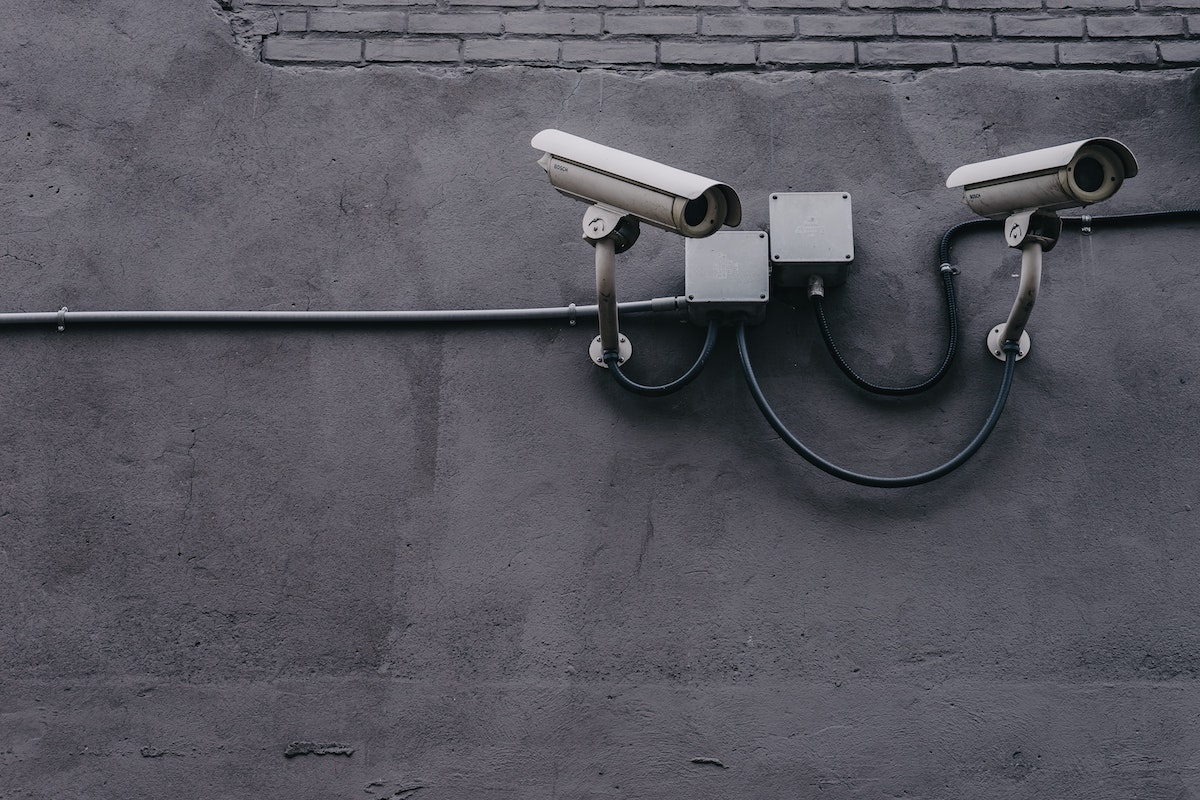When you’re wealthy, you’re a target for thieves. Among Americans who make above $150,000 annually, 8.1 percent suffer identity theft, compared to 5.4 percent of the general population, says fraud and security analyst Al Pascual. Thieves target wealthy individuals because they know that’s where the money is. If you’re wealthy, this means you need to take heavier precautions to protect yourself from those who would steal your hard-earned money. Here’s a checklist to help you keep your wealth safe if you’ve recently become a new millionaire.
Be Vigilant against Identity Theft
Identity thieves can steal your information from various sources, including the Internet, your mail, your trash, medical records, and official paperwork like birth certificates and Social Security cards. To protect your information, it’s important to secure all potential points of vulnerability. To protect yourself online, the U.S. government recommends following Internet and mobile security best practices. These include:
- Locking your devices with hard-to-guess passwords or tools such as Touch ID or facial recognition
- Monitoring your devices with security software
- Keeping your operating system and apps up-to-date with the latest version and security patches
- Using firewalls to protect your device when you go online
- Using an encrypted VPN connection and avoiding insecure connections at public places such as airports and hotels
- Avoiding making online transactions through insecure websites that don’t have HTTPS at the beginning of the URL
- Avoiding opening email messages from spurious senders, clicking questionable links, or visiting suspicious sites
Thieves can also try to steal your information from physical sources such as mail and trash. To protect these sources
- Arrange to collect mail promptly after delivery each day
- Tell your post office to hold your mail when you’re on vacation
- Deliver sensitive mail such as tax returns directly to your post office clerk rather than placing it in your own box or a mailbox
- Shred sensitive documents before throwing them away
- Keep official paperwork like birth certificates and Social Security cards in a secure place such as a safe, and don’t carry them in your wallet or glove compartment
To stop identity thieves, it’s also essential to monitor your bank and credit card accounts and your credit report to detect unauthorized purchases or other suspicious activity. The most efficient way to monitor your credit is to subscribe to a credit fraud protection service that can automatically track your accounts for you and alert you to any suspicious activity. If your identity does become compromised, a protection service can help you take steps to recover your losses and restore your identity. These steps include:
- Contacting law enforcement authorities
- Contacting your bank and credit card company
- Alerting Equifax, Experian, and TransUnion so they can freeze your credit reports
A fraud protection provider can also offer you packages to cover your losses and legal costs in the event you become a victim of thieves.
Be on Guard against Confidence Scams
Identity thieves also use scams to trick you out of your money. These schemes often seek out elderly victims, who thieves perceive as wealthier targets. Over one-third of Americans 60 or older file complaints against fraud annually, with one in five of these complaints involving identity theft, U.S. government data shows. Scam artists typically try to get you to divulge sensitive information by using a range of tactics that all usually involve impersonating a trusted source. These tactics include impersonating bank officials and government representatives, collecting money for phony charities, and offering get-rich-quick investment advice. To protect yourself against these and other common scams, here are some steps you can take:
- Don’t pick up the phone for unidentified callers
- Delete suspicious emails without opening them or clicking on links
- Don’t volunteer information for sweepstakes or surveys
- Register for the national Do Not Mail List so that you don’t receive junk mail
Following these guidelines will help you avoid giving away unsolicited information to unknown sources.
Protect Your Physical Property with Home Security
Thieves also case wealthy properties for physical burglaries. For instance, some organized crime rings will drive through wealthy neighborhoods, knock to see which residences are occupied, and break into houses that look like no one’s home. To protect yourself against burglars, experts recommend following some home security best practices:
- When you’re not home, make your home look occupied by keeping lights and TV or music on and parking a car in front of your garage
- Keep your property well-lit at night
- Trim trees and hedges so burglars don’t have opportunities to hide
- Replace your locks when you change residences
- Install secure locks with deadbolts and hinges on the insides of doors
- Secure windows with locking mechanisms and break-proof glass
- Install security alarms or get a dog
- Store items such as jewelry in a locked safe rather than a closet or drawer
- Do background checks on new service contractors
- Use caution when allowing service personnel into your home
Taking these steps to secure your physical property will help keep your valuables and sensitive documents safe.
Keeping Your Wealth away from Identity Thieves, Scam Artists, and Burglars
Identity theft, scams, and burglary are three ways that thieves target your wealth. Following this checklist will help you guard against these tactics, protecting your identity, finances, and physical possessions against criminals so that your wealth stays yours.

